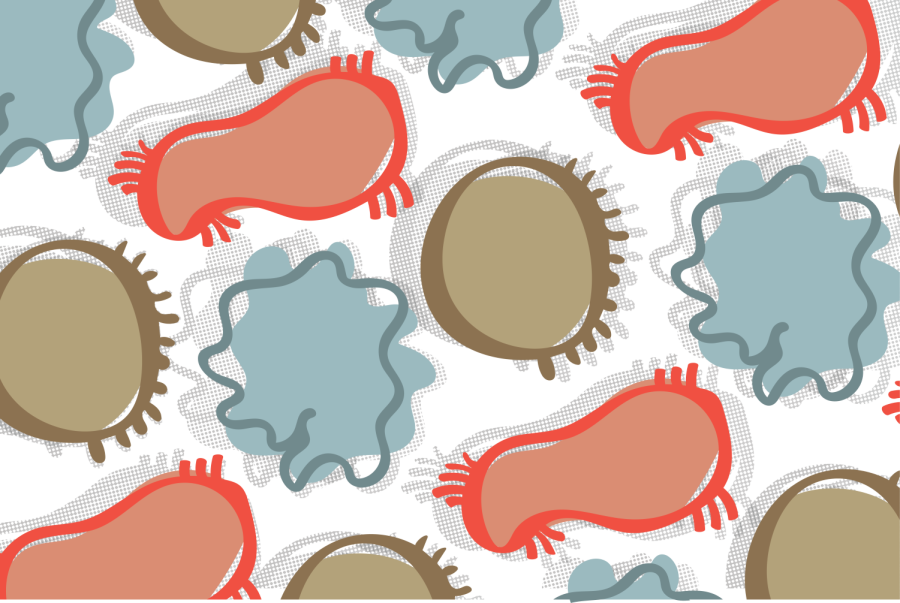A University of Minnesota professor is working to help policymakers better understand mental illness.
The project aims to create an information portal that centralizes research for policymakers to reference before making decisions on mental health screenings for adolescents.Currently, there is no standard mental health screening process at the state level, which means a significant amount of individuals are living with undiagnosed mental illness.
Early detection can allow for treatment in a more manageable phase of the illness and prevent potentially fatal outcomes, experts say.
Matthew Weber, an associate professor in the Hubbard School of Journalism and Mass Communication, is partnering with the National Alliance on Mental Illness New Jersey to turn the project into reality.
To create the portal, Weber has been working with NAMI New Jersey to apply data collected on how mental health is communicated at a state level. Afterwards, they will train volunteers selected by NAMI New Jersey on how to implement the information they have gathered.
“We’ll be working with the National Alliance to develop a research portal where policy makers and advocates can access curated sets of research, curated research studies that outline a wide range of issues pertaining to the need for adolescent depression screening,” Weber said. “Policymakers are often looking for research and for evidence that helps them to develop the appropriate policy solutions.”
Itzhak Yanovitzky, a professor of communication at Rutgers University, is working with Weber to create the portal.
“The goal is not to change policy, I think it’s important to say that, it’s not what we do as researchers. Our goal is to figure out what it is that policymakers need to know,” he said.
Yanovitzky said that various influences, such as changing cultures and social media, contribute to depression, and that mental health gets worse with time. It is important to identify mental health issues at the early stage to prevent outcomes such as suicide, he said.
Meredith Masin Blount, executive director of NAMI New Jersey, said the organization would be open to sharing the research portal design with other NAMI locations in the future.
“Mental illness is not something that just happens in New Jersey or Minnesota, you know, this is something that is important and definitely across the board, coast to coast,” she said.
Blount emphasized that the research that comes from this partnership is significant to the entire community for progress in eliminating stigma surrounding mental health.
“… We are very grateful for the opportunity to partner with [the] University of Minnesota and Rutgers because we are very excited about the prospect of this project and anything that we can be apart of that will bring attention to the needs of the community and help us advocate,” she said.














